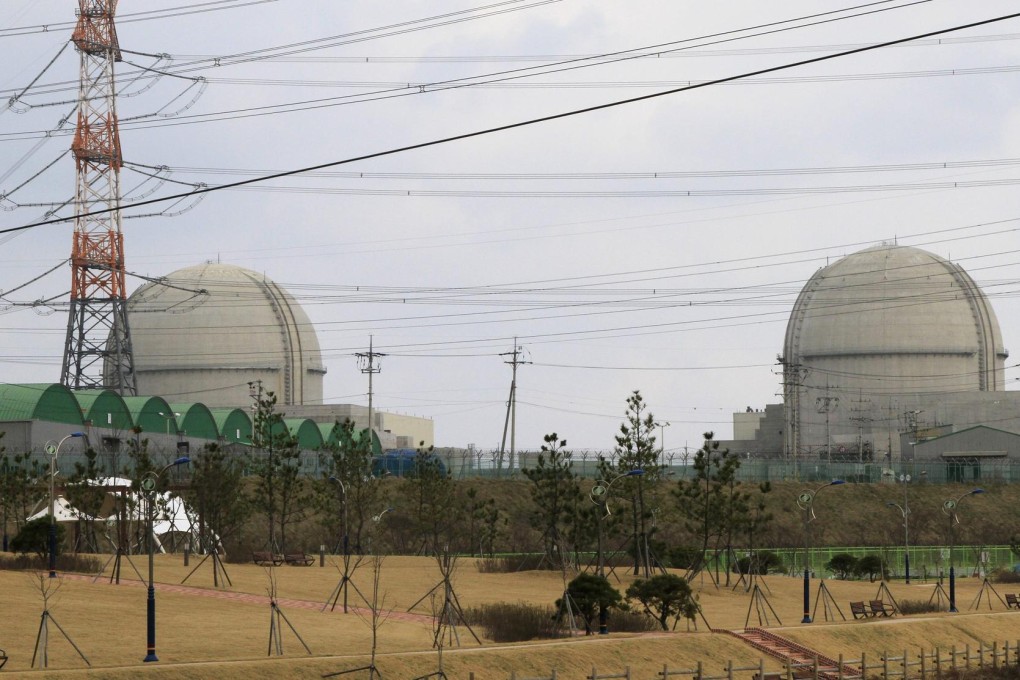South Korea to scale back reliance on nuclear power in wake of Fukushima
Dramatic cut in use targeted in wake of Fukushima crisis and domestic safety scandal

South Korea intends to scale back plans to increase its reliance on nuclear energy amid growing public opposition to atomic power after the Fukushima disaster and a domestic scandal over faked safety documents.
Nuclear energy should account for between 22 per cent and 29 per cent of power generation capacity by 2035, compared with a 41 per cent goal introduced in the previous long-term plan in 2008, South Korea's energy ministry said, citing the findings of a working group of academics and state officials.
Reducing the proportion of energy coming from nuclear power will force South Korea, which imports almost all of its energy, to increase use of other fuel sources to cope with surging demand. The proposal also illustrates the extent to which public opinion has shifted from a technology that has been a mainstay of the nation's energy policy since the first reactor was built in 1978.
"The implementation of energy policy doesn't just involve the government now, it's become an increasingly important and extremely sensitive issue for each and every citizen," Kim Chang- seob, head of the 60-member policy panel, said.
The government last week promised tighter regulation of the nuclear industry after indicting 100 officials on corruption and bribery charges relating to the use of components with faked quality-control certificates.
The probe found 277 faked certificates for parts used in 20 operating reactors as well as 2,010 false documents at eight plants that were offline or under construction, according to the government. "Almost all" of the components have been replaced.